
An in-depth conversation with Gábor Mózsi, who, after an adventurous childhood in Budapest, moved to America at the age 21. He initially became involved in the Chicago Hungarian community as a photographer, then was elected president of the Hungarian Club. He also joined the board of the Hungarian Communion of Friends and helped launch a youth leadership training program.
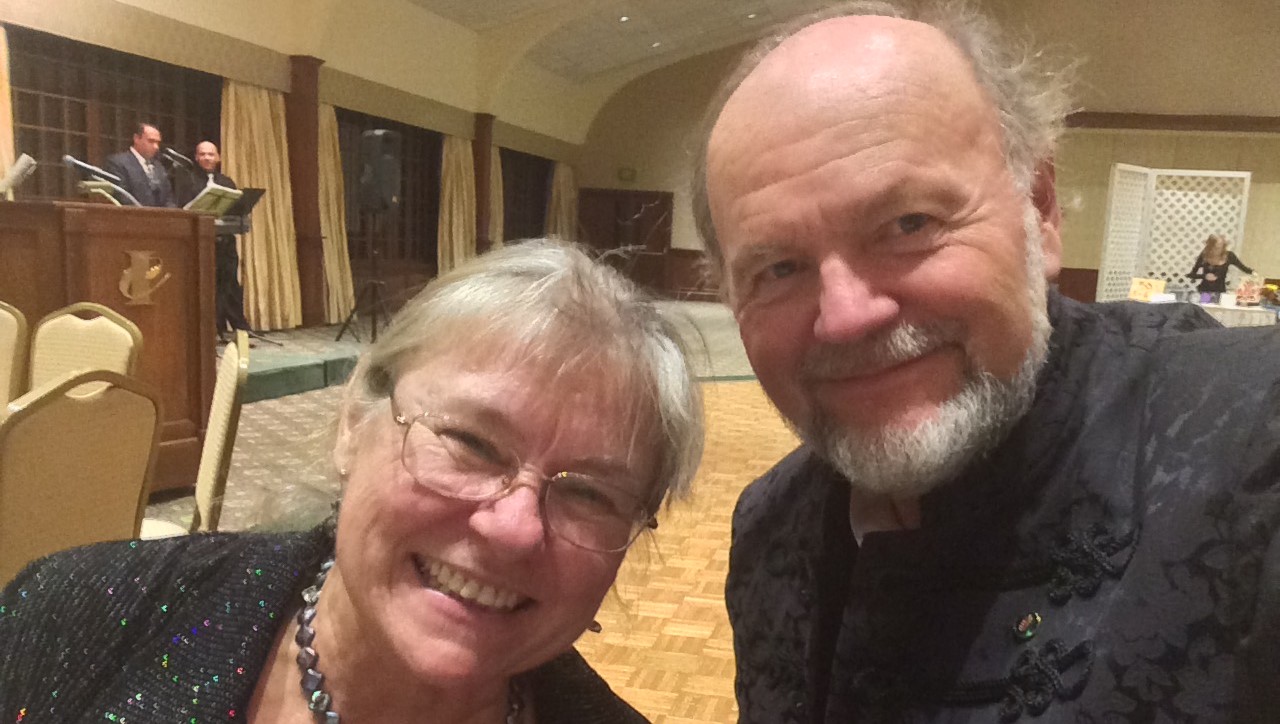
‘At that time, there was no Hungarian scouting in San Francisco, but when the idea of founding a local scout troop came up a few years later, I joined them as a patrol leader up front, even though I had never been a scout before. I thus became a founding member of the local troops, together with Tamás Csoboth and a few others.’

Zsuzsa has lived most of her life in Hungary, while Gyula grew up in the United States. They have known each other for only about 15 years, but since their first meeting in Budapest they have been driven by common social goals: strengthening cultural and economic ties between America and Hungary.
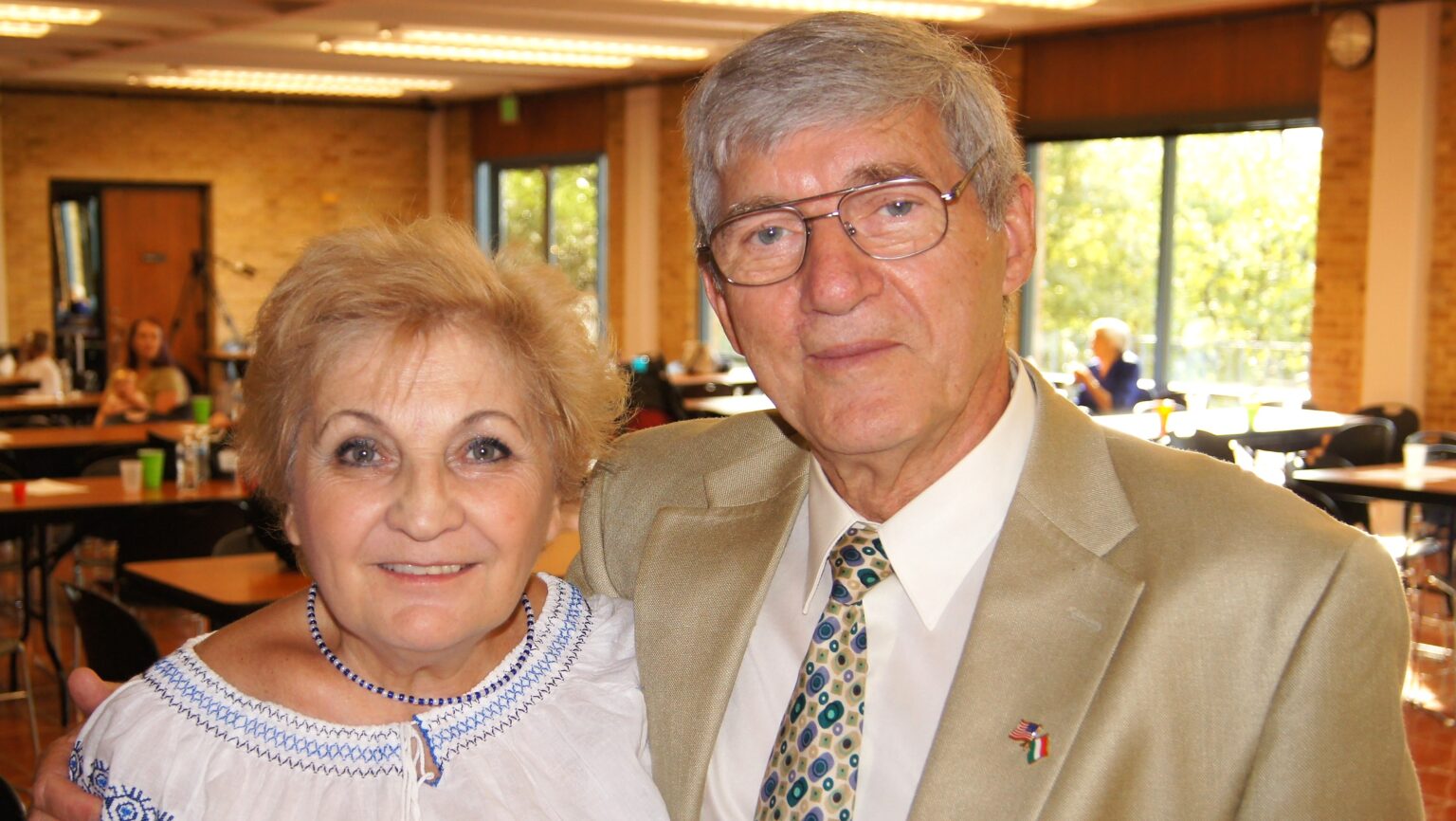
‘After passing all the tests to make sure that we were neither sick nor communists or spies, they let us go on the condition that we had a sponsor. We were sponsored by the Catholic Family Services in Amarillo, Texas, with whom we had no previous connection. When we arrived, with the organization’s help, my husband got a job within three days…’
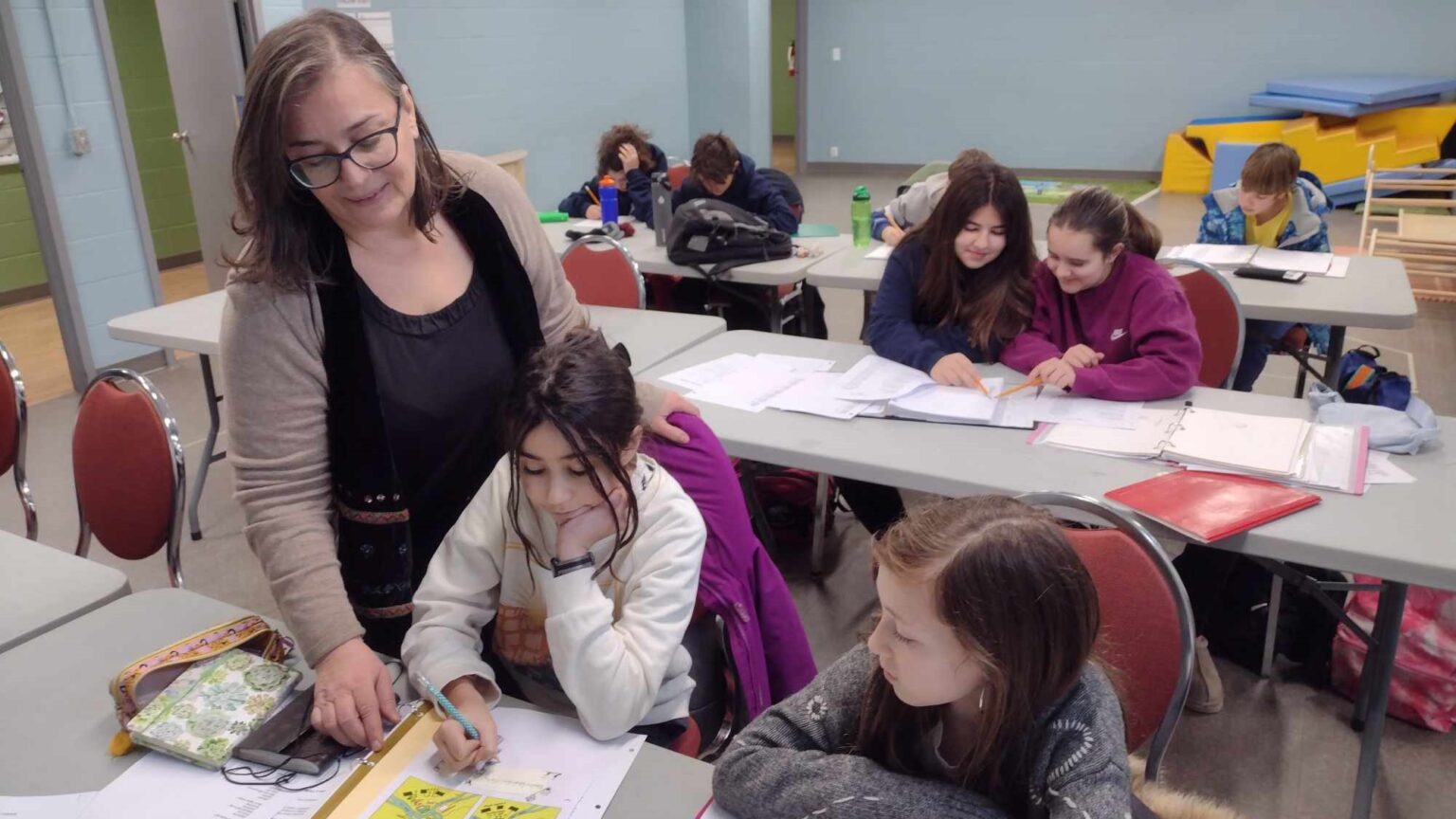
‘It’s important to me that the kids know about their family history. One assignment I give my grade 6 class is to interview a family member who immigrated to Canada, and if that person is no longer alive, to interview someone who can tell them about this experience. The kids always learn something new, and so do I.’
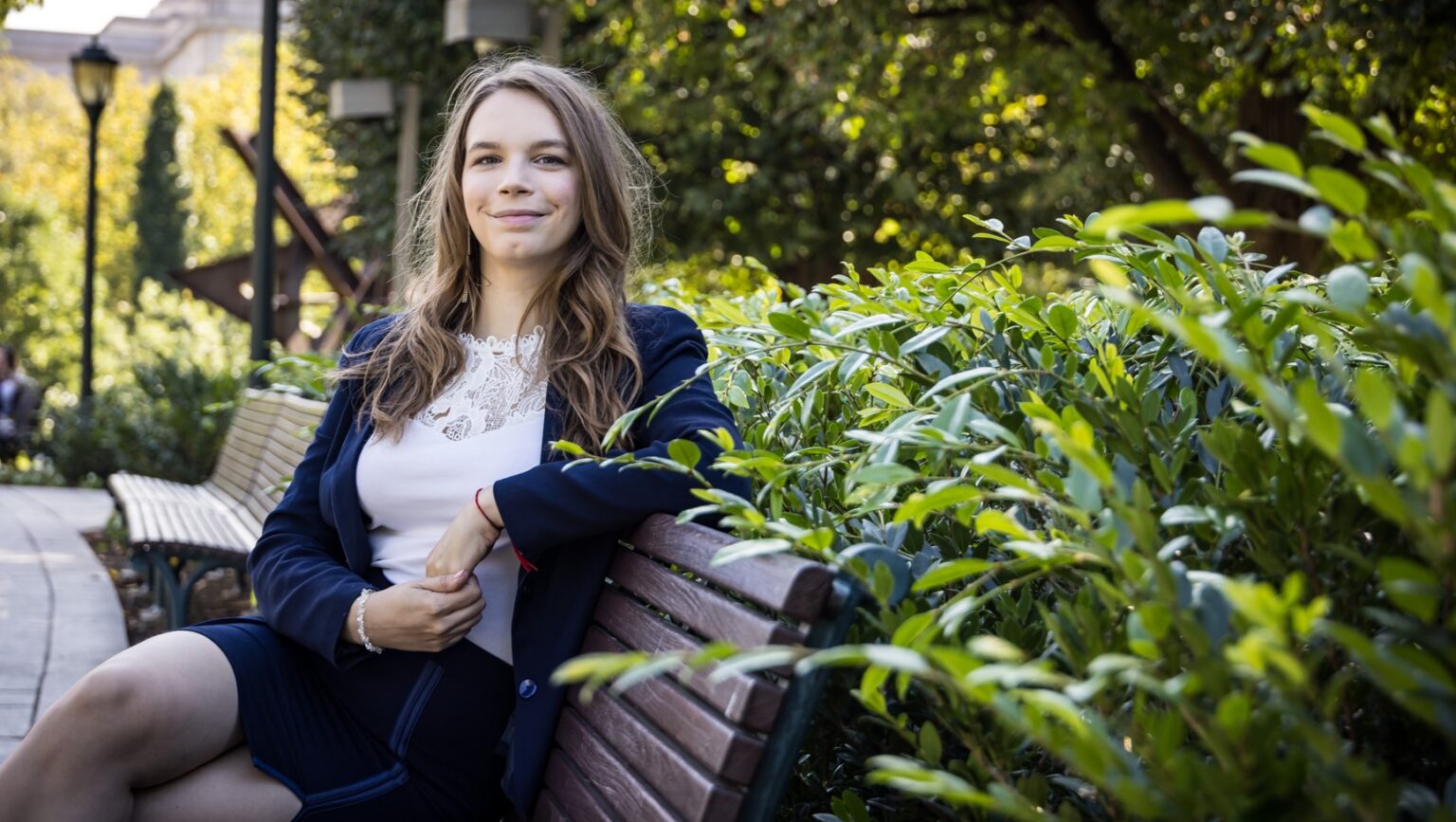
‘I’m grateful to God who has arranged this opportunity, and of course, I’m very grateful to the Hungary Foundation for helping me to come here, where I’ve already done so much, met so many interesting people, traveled a lot, attended, organized and delivered lectures—definitely a life-changing experience.’
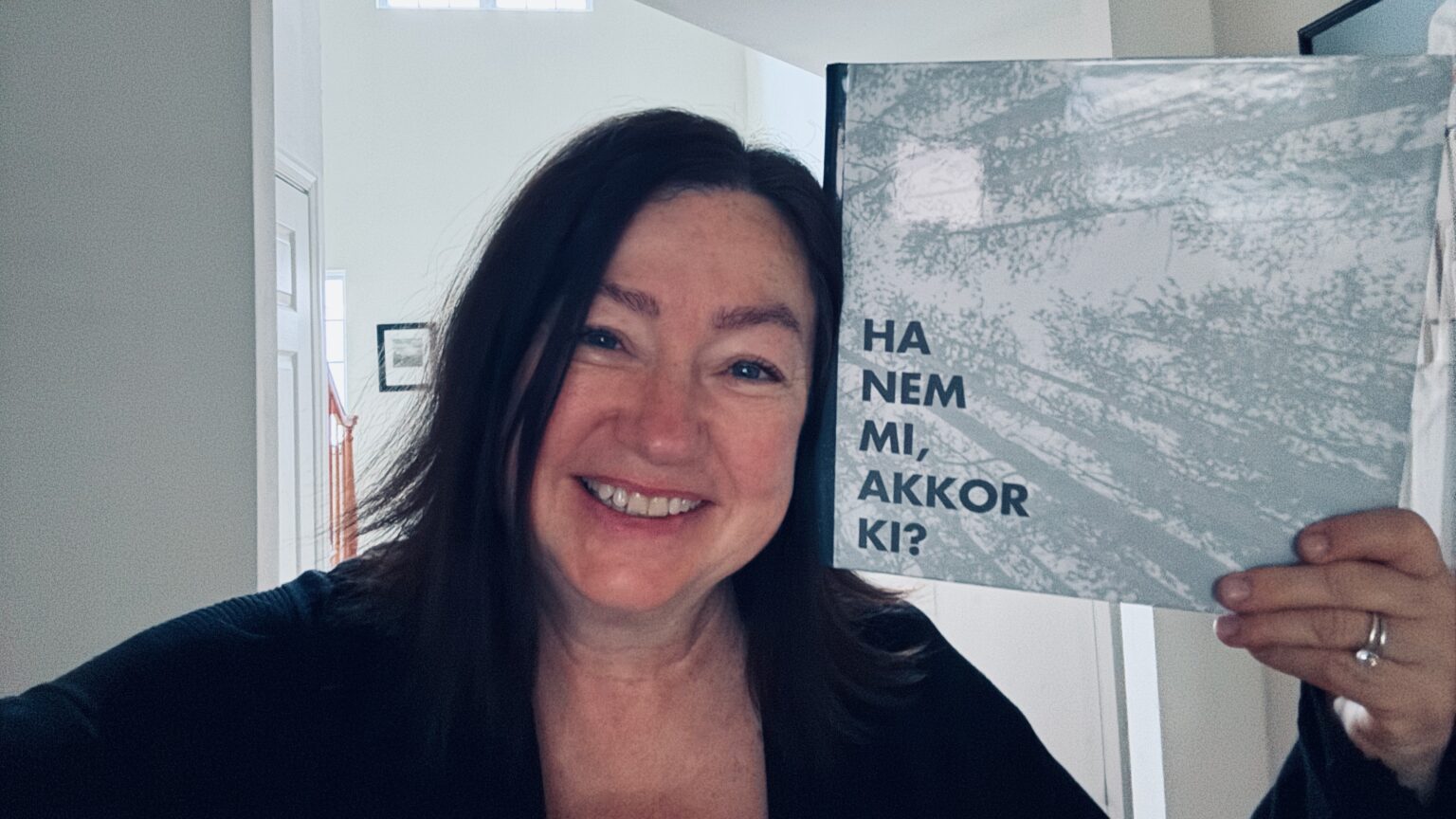
‘Another important point is that the goal of scouting is character development, not religious education…We’re aware that the world has changed, so expecting every scout to be religious and attend church isn’t realistic. But we do integrate faith in God into our scout work.’
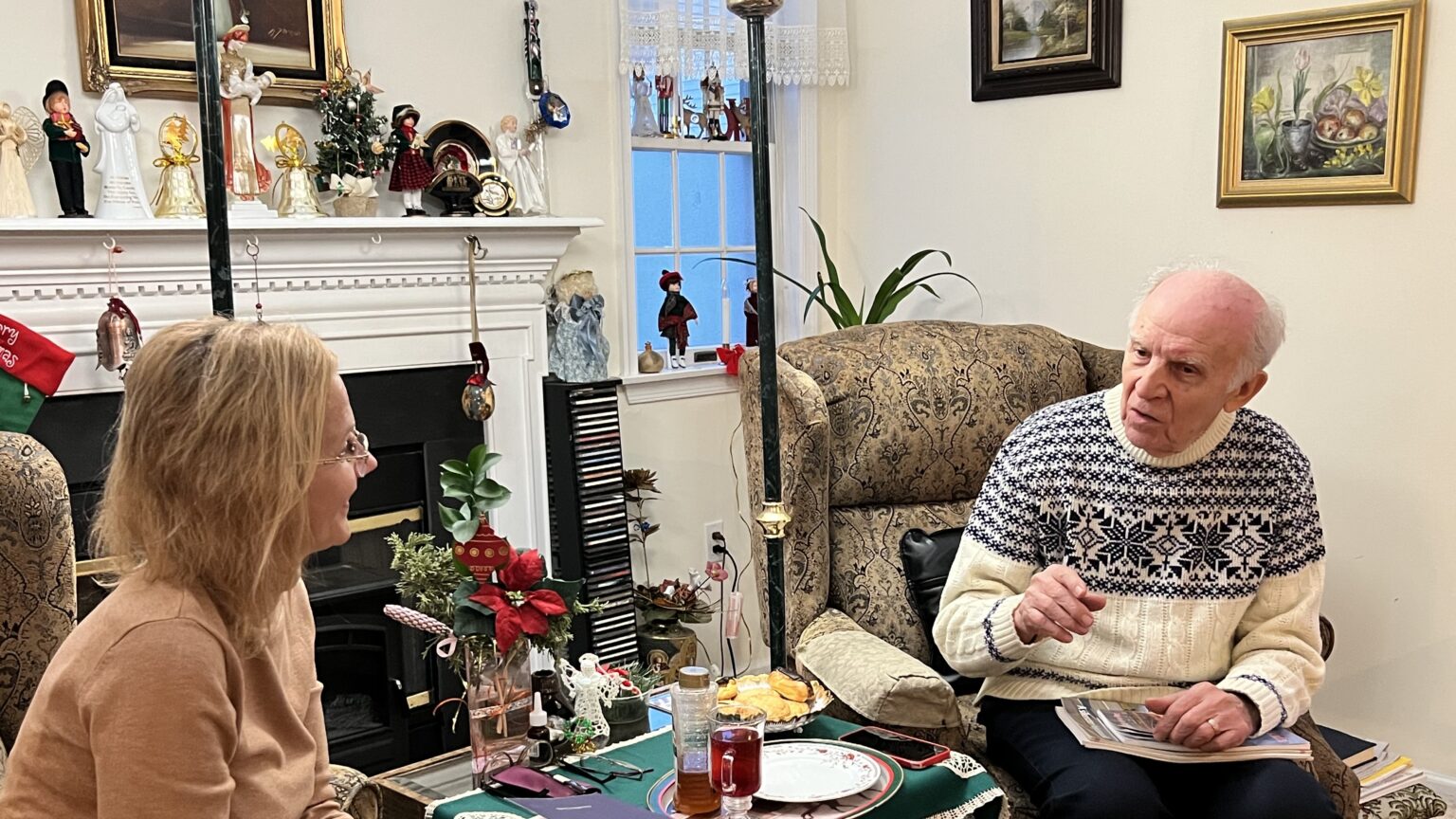
‘My life very often turned out completely differently than I had planned. History intervened several times; for example, World War II, the final phase of which I experienced in Hungary as a child aged 8–9; the communist dictatorship that followed; and then, the 1956 revolution and freedom fight and its suppression that I had to flee from.’
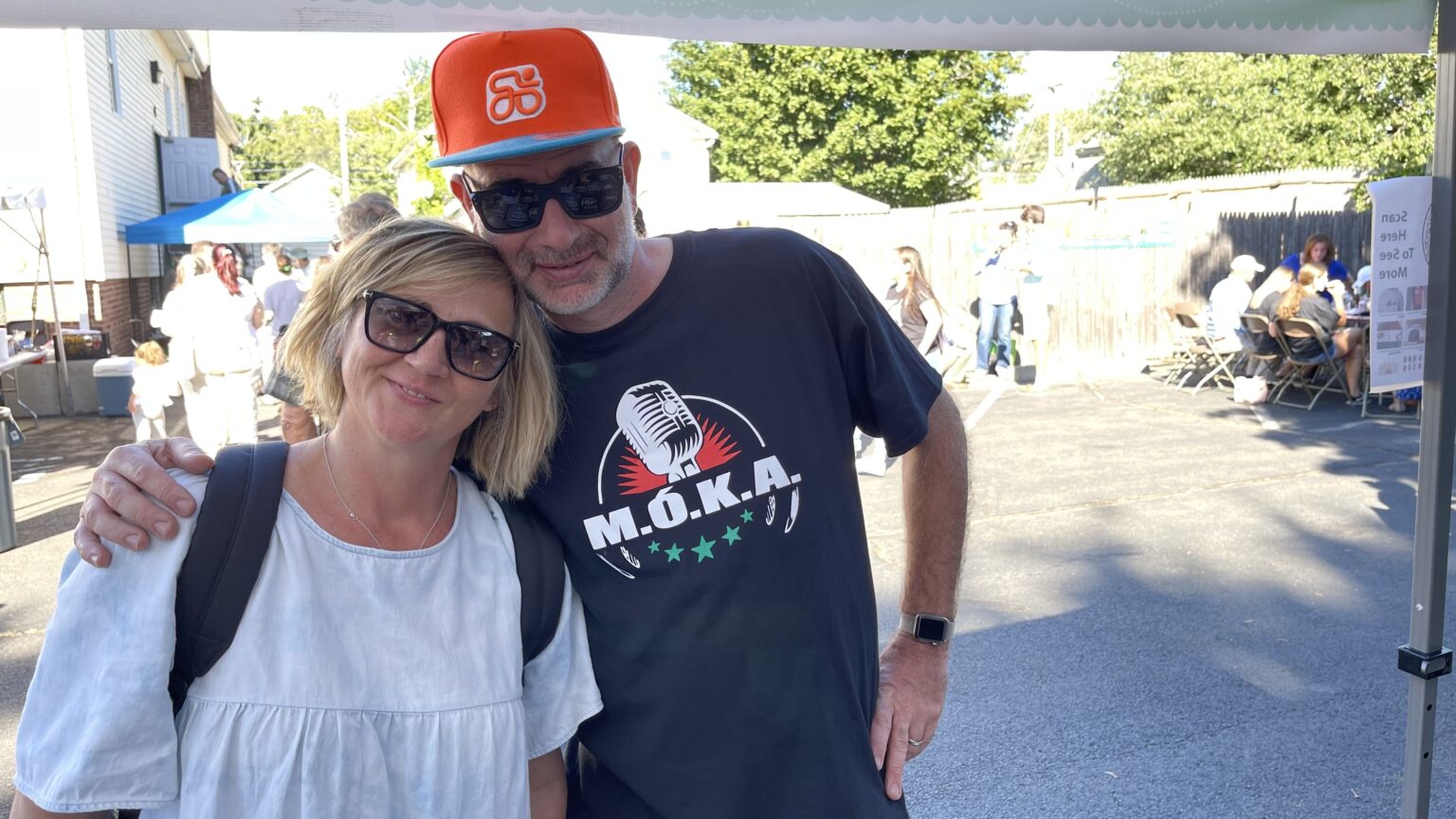
An in-depth interview with Péter Kiss, who came to America as a young adult, and after years of no contact with Hungarian Americans, visited the Garfield Hungarian Club almost by accident. Since then he has organized many events there, and also launched a podcast about the adventures of Hungarians in America.
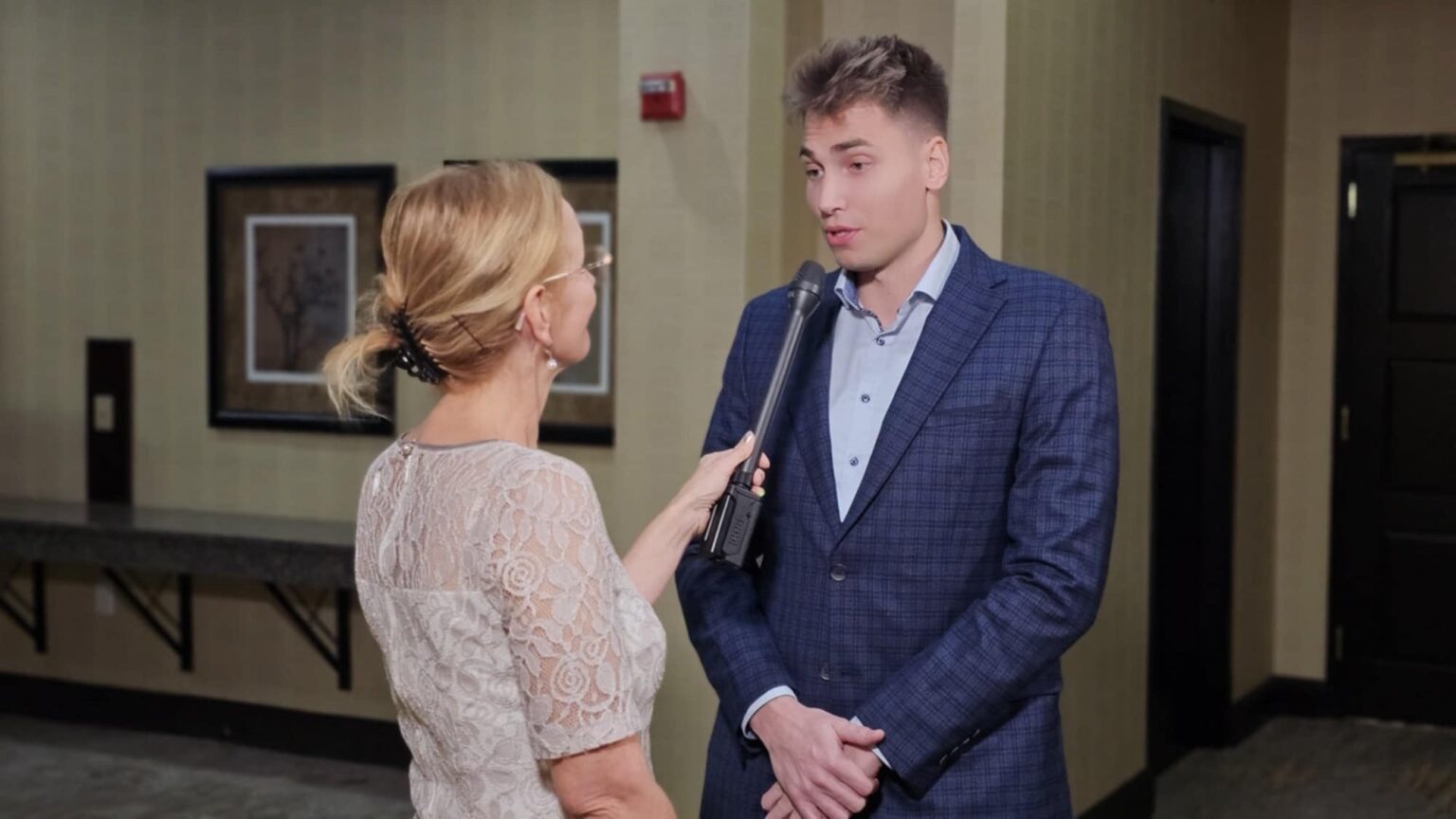
‘Everything I learned in sports has contributed to who I am today. That’s why I believe that when I have children, I’ll encourage them to do sports as well… It’s a blessing because it teaches discipline, focus, self-control, and perseverance.’
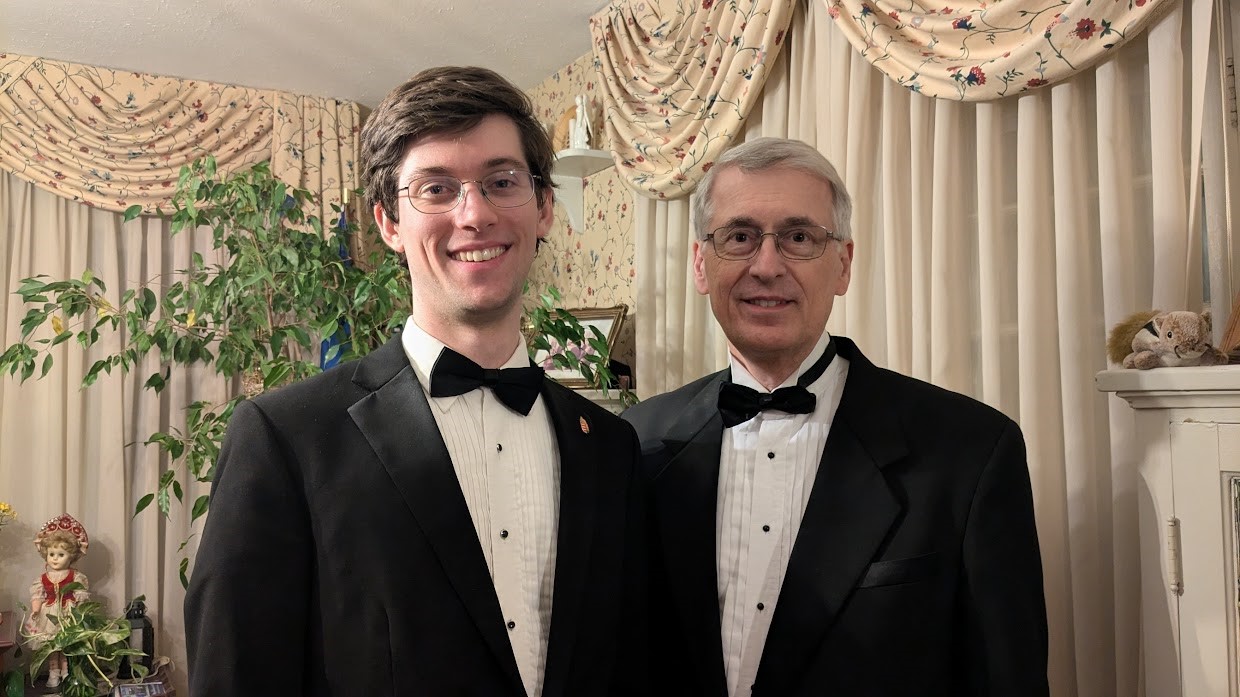
‘As I see it, the problem is always the same across the various minority communities here: there are fewer and fewer participants within them…my view is that even if there are only three or four people involved in specific activities, we should continue the organizing work, so that our communities and their associations continue to exist.’
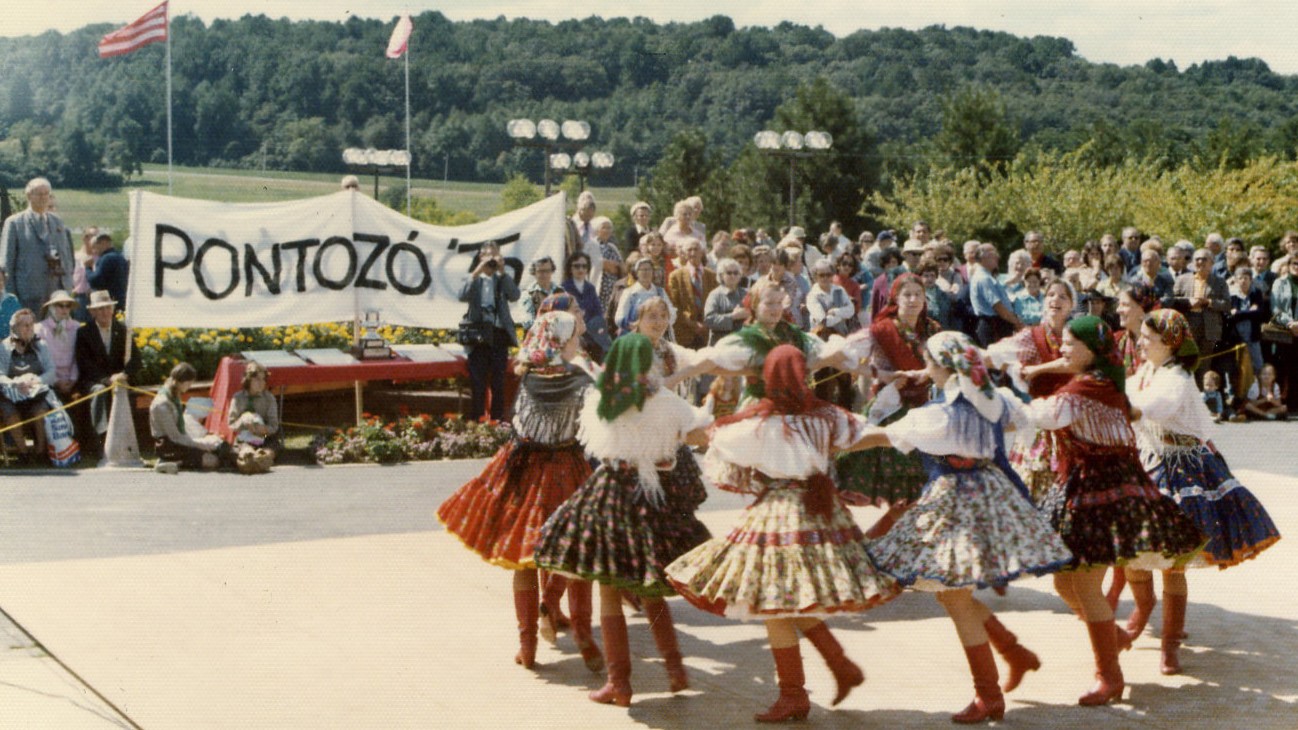
‘The absolute number of those claiming Hungarian descent in the American censuses, approx. 1.5 million, has remained largely unchanged over the past few decades. Even if the communities dwindle, there will always be those who will do their best to be ‘Hungarian’. Because what does it take for someone to remain Hungarian in the diaspora? You need a Hungarian identity…and a culture you are proud of that you don’t throw away and don’t replace,’ says Kálmán Magyar Sr., conceiver of the Pontozó folk-dance festival.
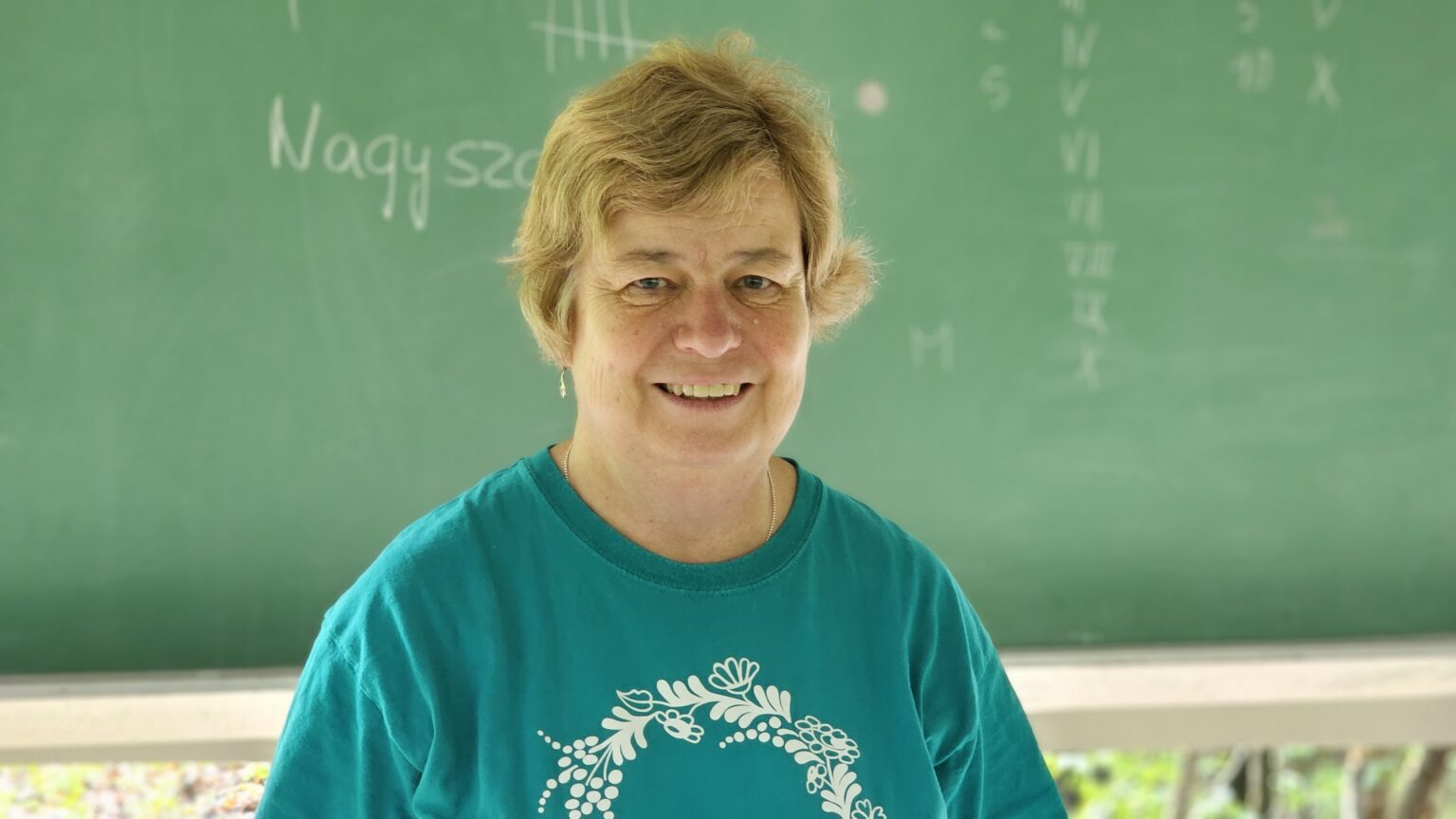
An in-depth interview with Hungarian teacher Kata Tóthné Kollár, principal of the Sándor Kányádi Hungarian School in the San Francisco Bay Area and director of the two-week Hungarian School Camp in Fillmore, New York. She came to the United States almost 30 years ago, and became a teacher at the Hungarian school right after enrolling her two daughters there.
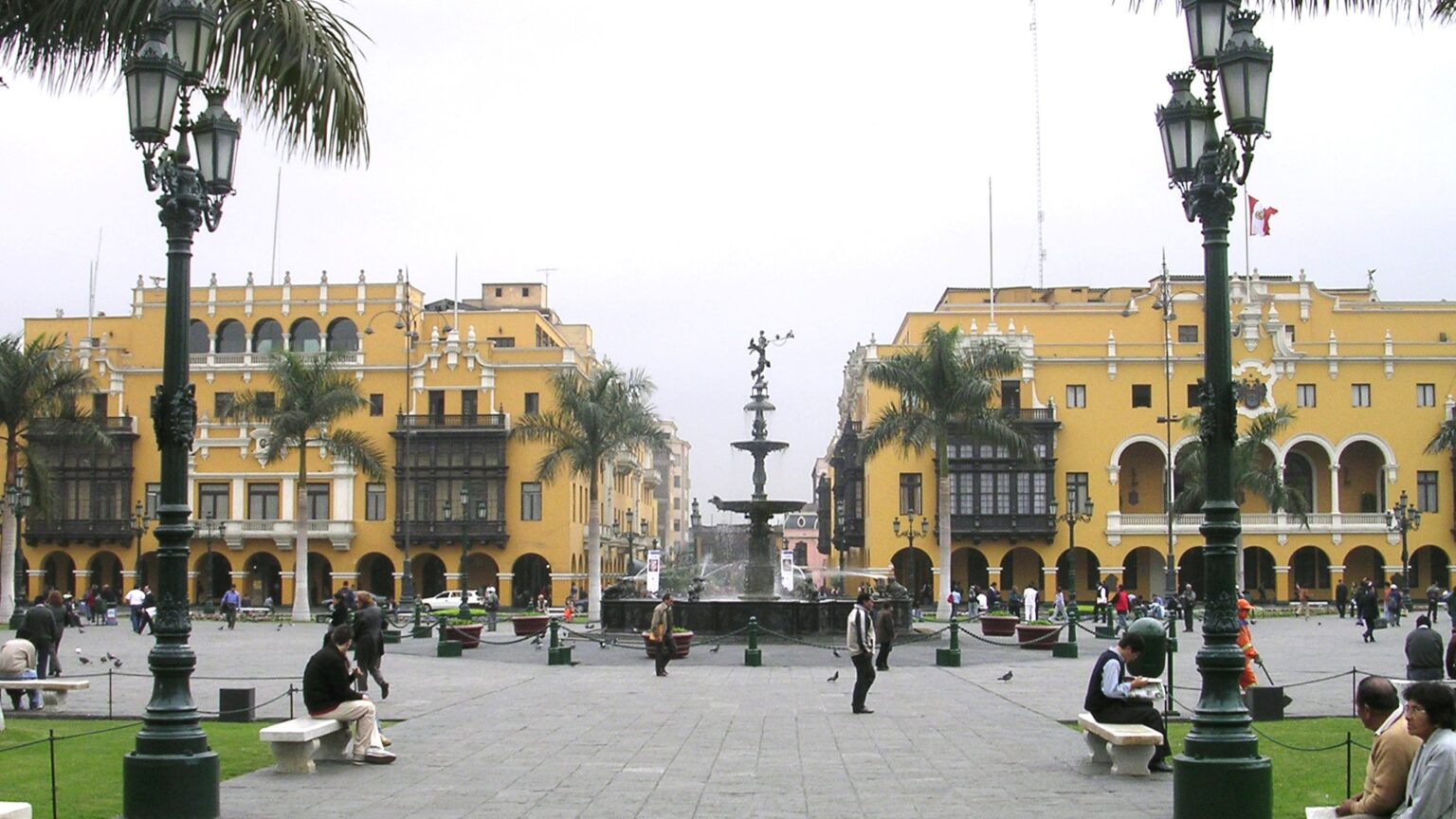
Emőke’s story from the flight from Hungary as a small baby and an accidental move to Peru to her stage performances in multicultural Lima and her endurance through local crises illustrate the destiny of a unique group of Central Europeans finding refuge and a new community far from Hungary.
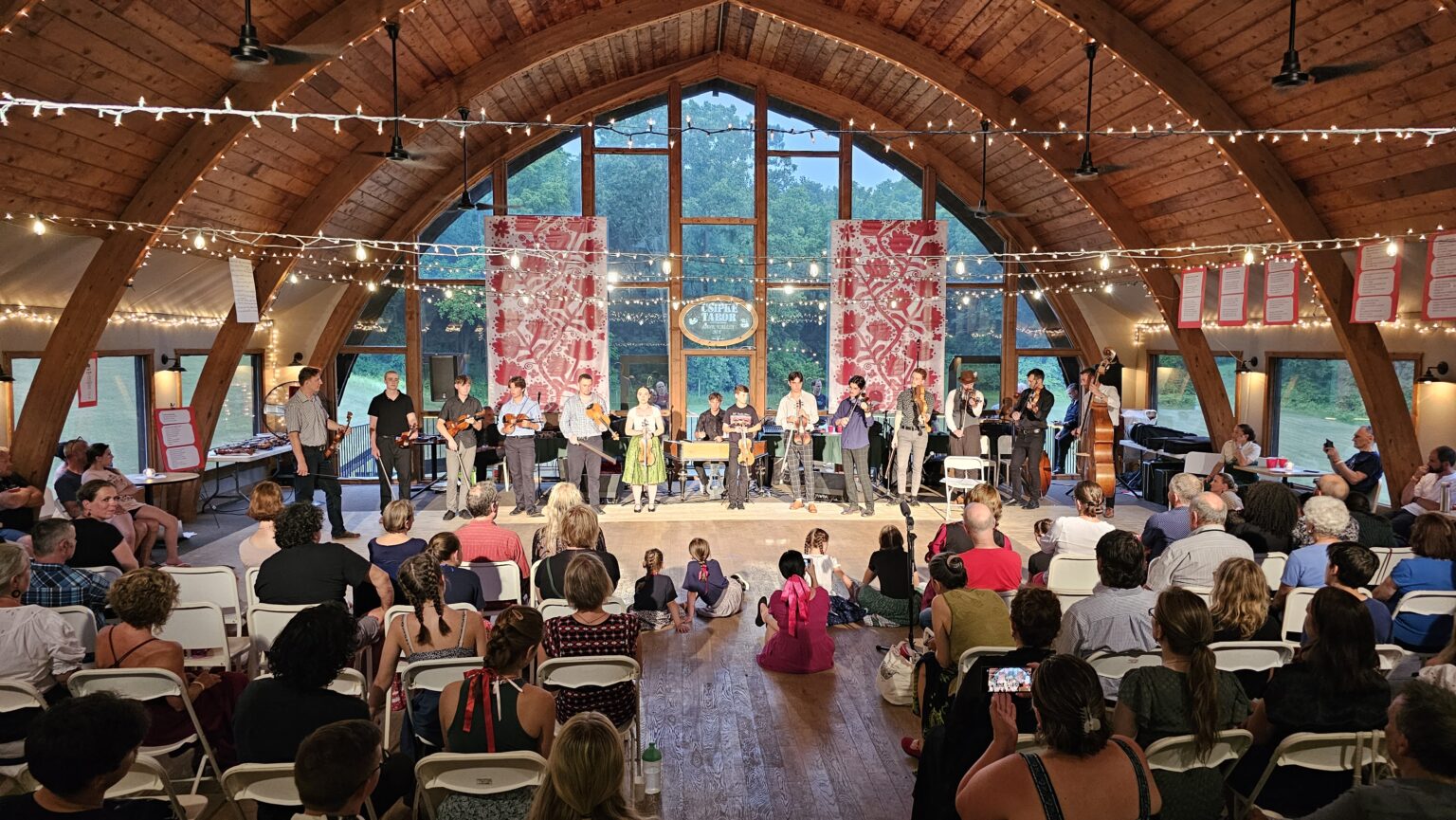
An interview with the artistic director of the Csipke Ensemble about the challenges and beauties of organizing the premier Hungarian dance camp in the United States, as well as about family, Transylvania, folk dancing, and more.
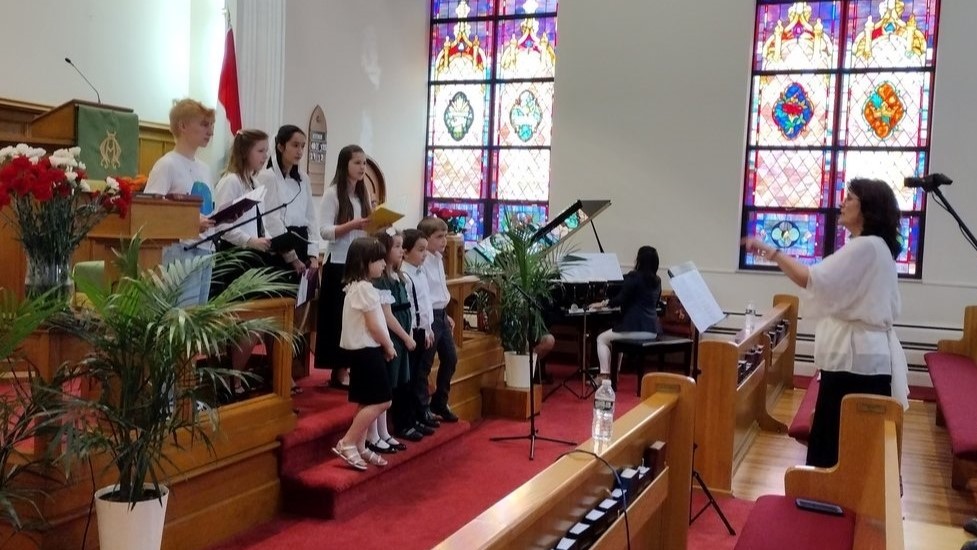
‘The immigrants, such as me, are called Hungarian American, and those who were born here are American Hungarians. Our mentality can differ for many understandable reasons, but we are all bound together by the same mission: our love for God and for each other,’ says Reverend Zsolt Ötvös, who leads the diverse and vibrant Magyar Reformed Church congregation in New Brunswick.
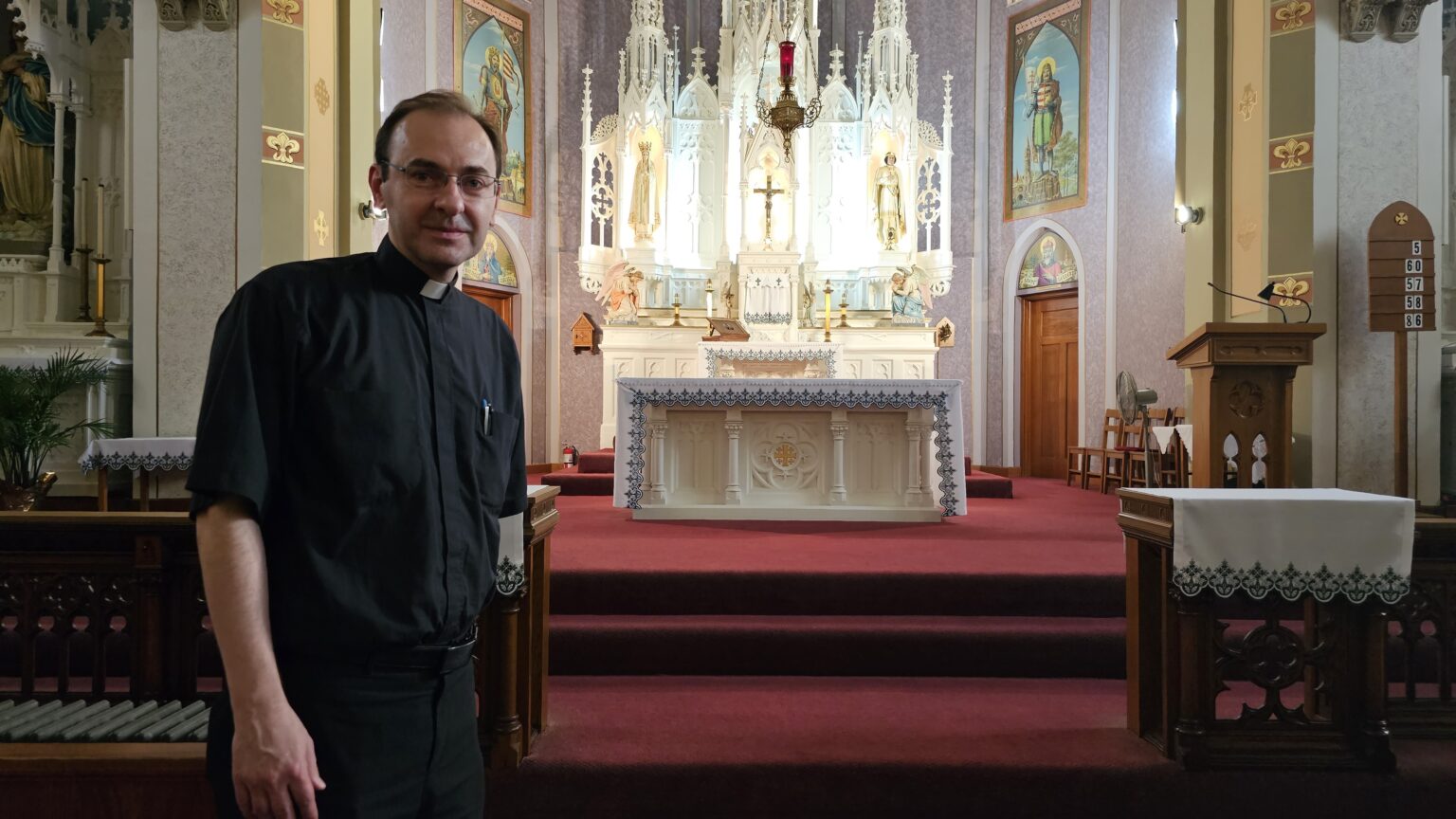
An in-depth interview with Richárd Bóna, who, after finishing seminary in Cleveland and becoming an ordained priest, served in English-speaking parishes for eight years, followed by his assignment in Washington, DC for further studies. In 2020 he finally became the Pastor of St. Emeric and St. Elizabeth Parishes.
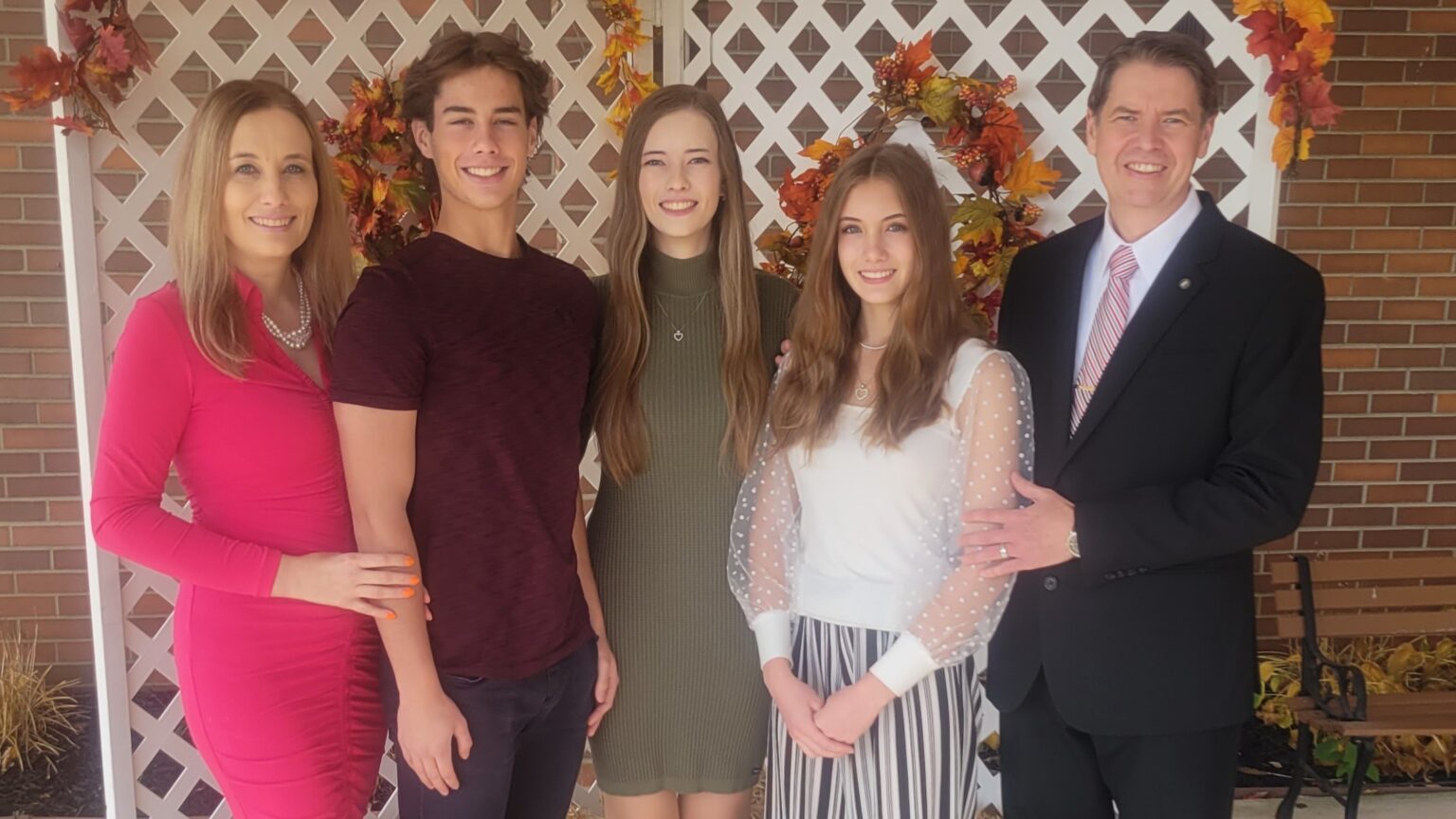
An in-depth interview with Rt. Rev. Dr. Csaba Krasznai, Hungarian Reformed Bishop of the Calvin Synod Conference of the United Church of Christ and Honorary Consul of Hungary; and his wife, Beáta Krasznai, a teacher, psychologist, principal of the church’s Sunday school and the Nebuló Hungarian Language School, who have been living and serving in Cleveland for more than 20 years.
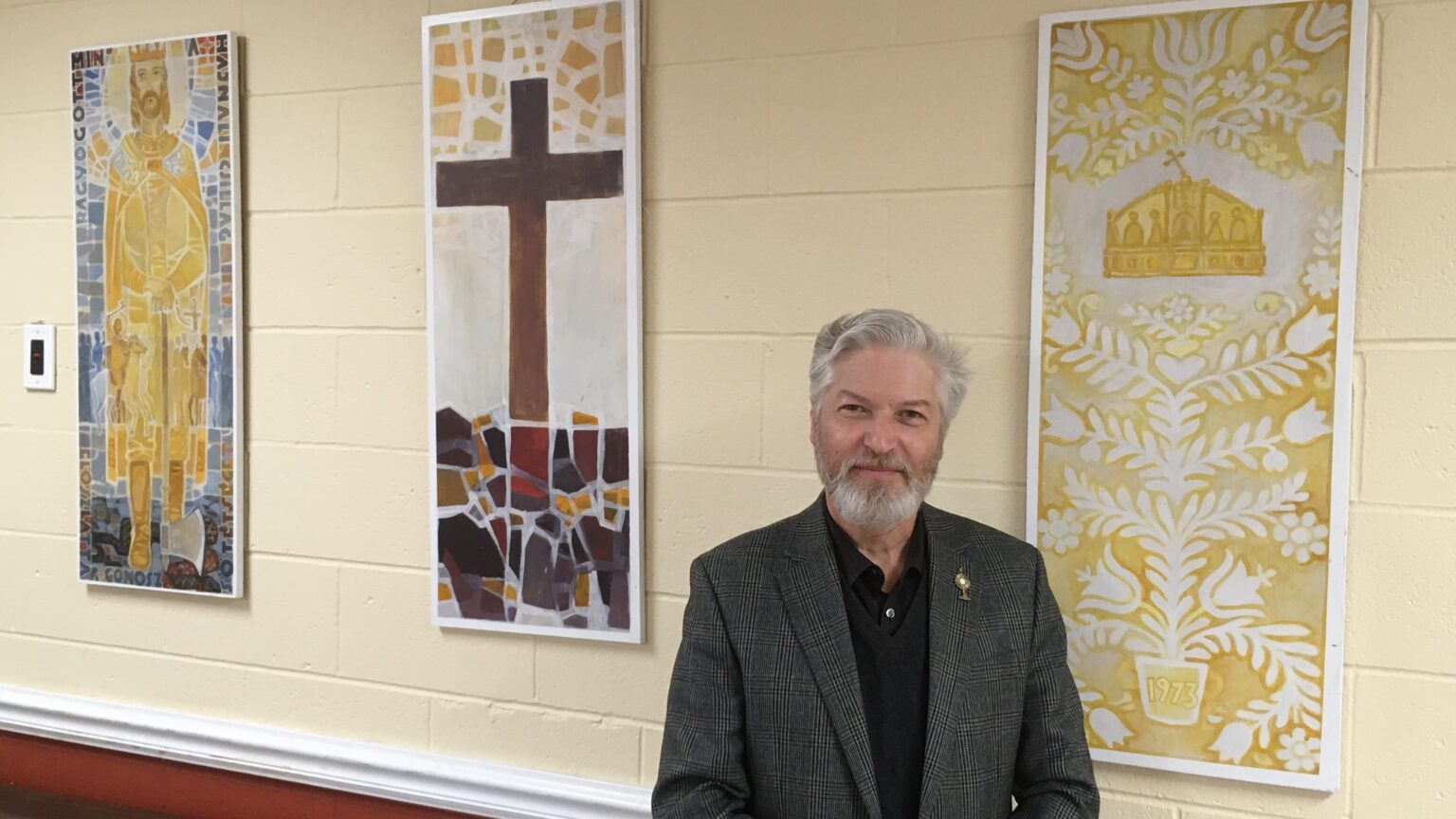
An extraordinary life blessed with unshakeable faith, dedicated to selflessly serving the community: meet Dr. István Horváth, a pillar of the New Brunswick Hungarian American community, and his family.
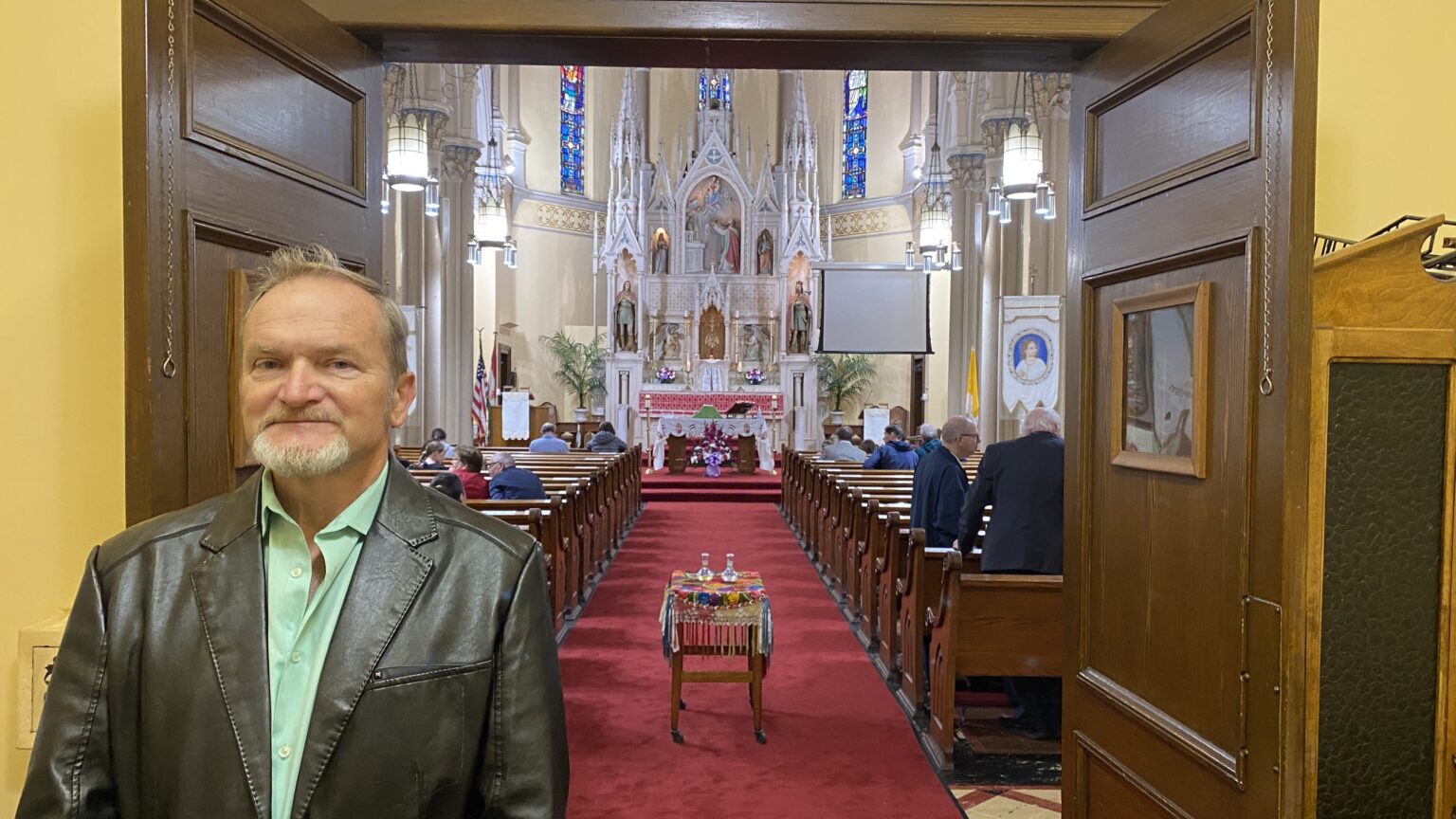
‘I know that if I ask God for something, I will eventually get it. But that doesn’t mean my prayers are only for asking. There are some who feel that being Catholic is only about asking and they are disappointed when they don’t receive what they prayed for. But it doesn’t work that way. I say a long prayer every night to give thanks for all that I have,’ says István Horváth in a profound and moving conversation with our Diaspora correspondent.
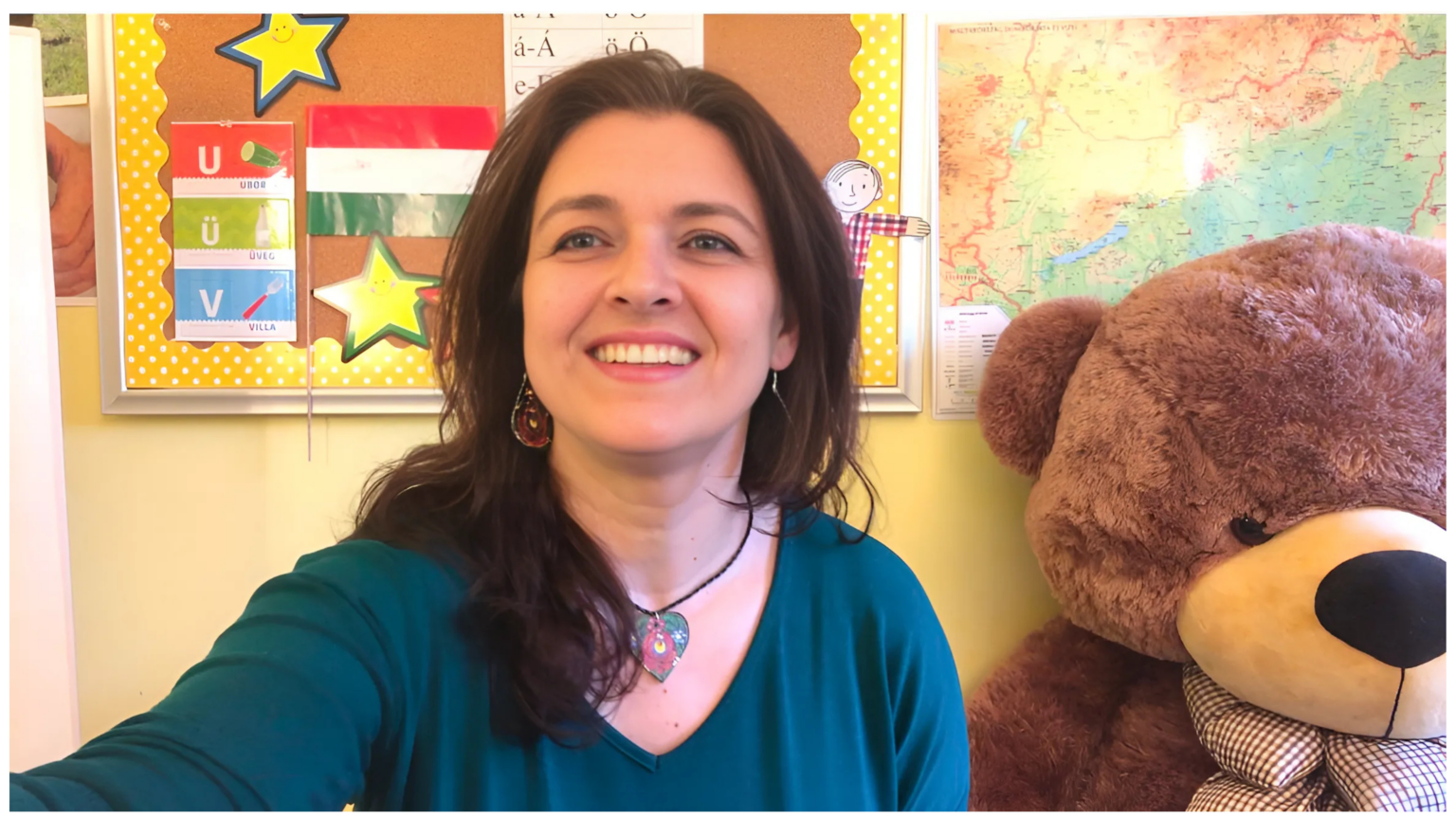
An in-depth interview with Dr. Judit Tamás, who arrived in America thirty years ago as a kindergarten teacher, and after moving to North Carolina, founded the Carolinas Hungarian Group, organized camps for Hungarians for twenty years, and later launched the popular Online Hungarian School, which she has been running for fifteen years. Nowadays they have 250–300 students from 50 countries.
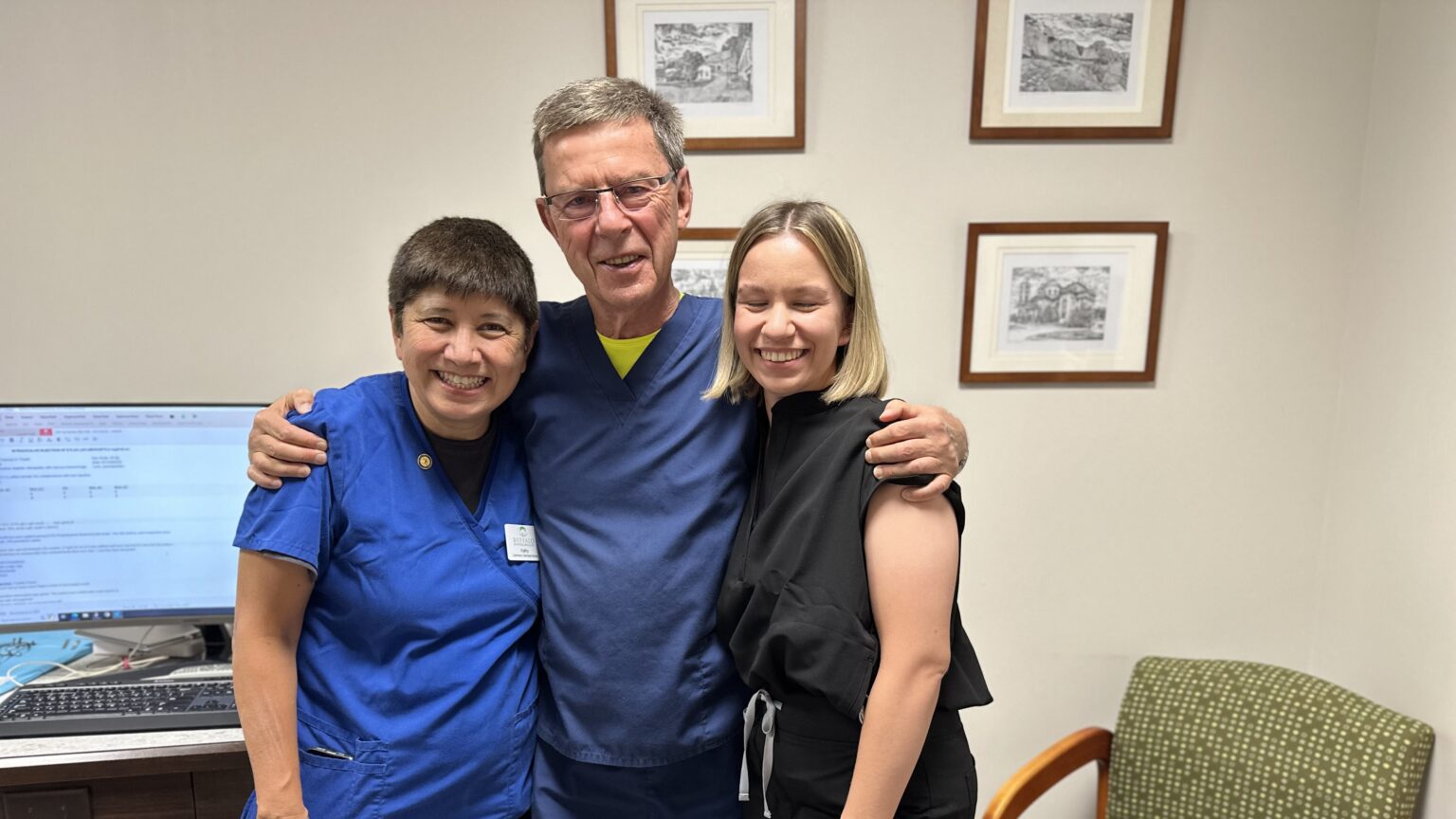
‘When I heard the saying, “Survivors carry the credentials of the forever silenced”, it really touched me. Due to the values instilled in me by the Hungarian scouts and the Piarists, as well as the American attitude of giving back, it slowly emerged as a conviction that I had a responsibility to help others who were less fortunate.’
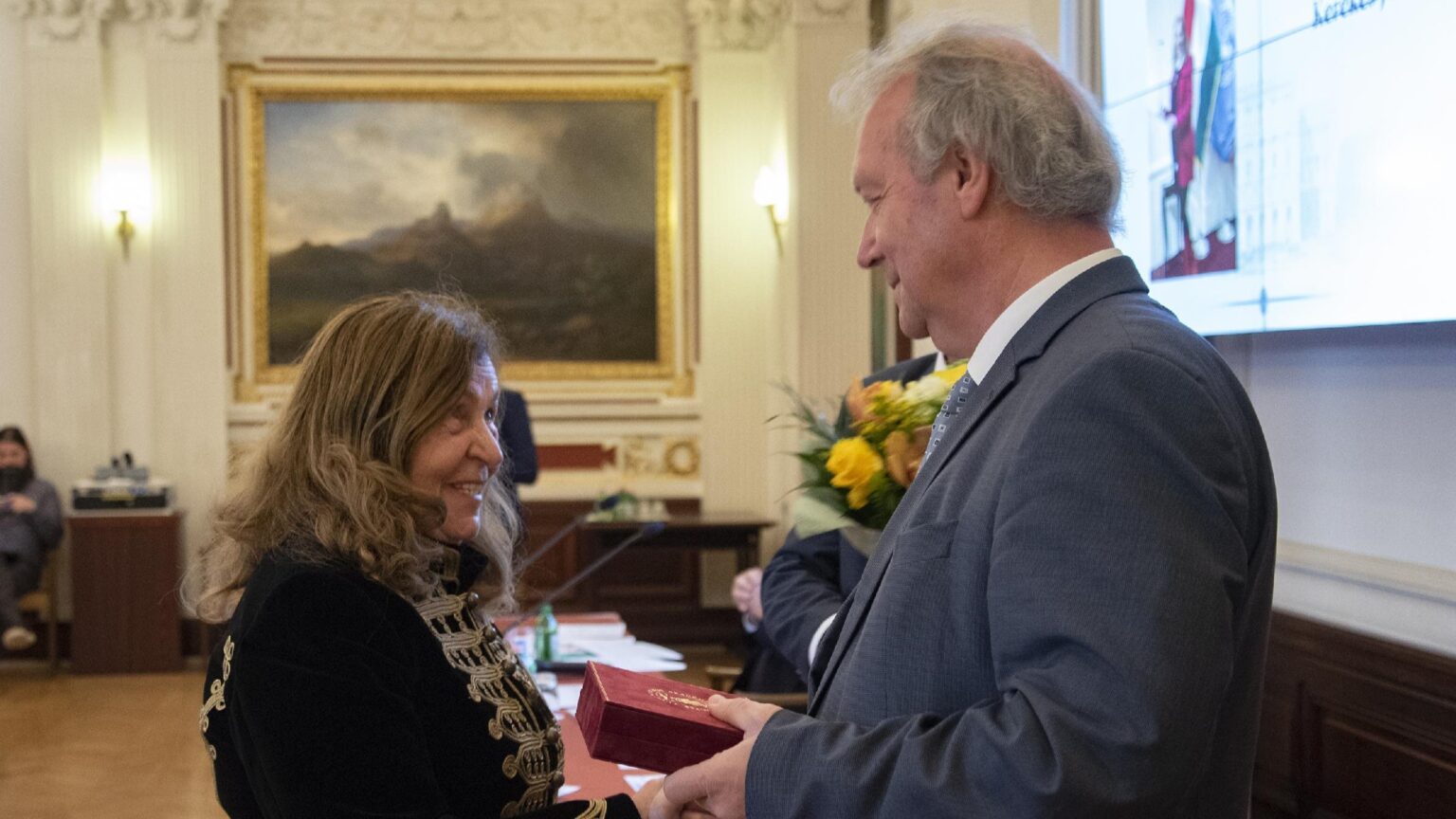
‘Knowledge is yours, but if you keep it to yourself, that’s the end of it. On the other hand, if you pass it on to others, you’ll not have less, while others will have more,’ says Judit Kerekes, professor of mathematics and founder of the first Hungarian summer university in the United States.
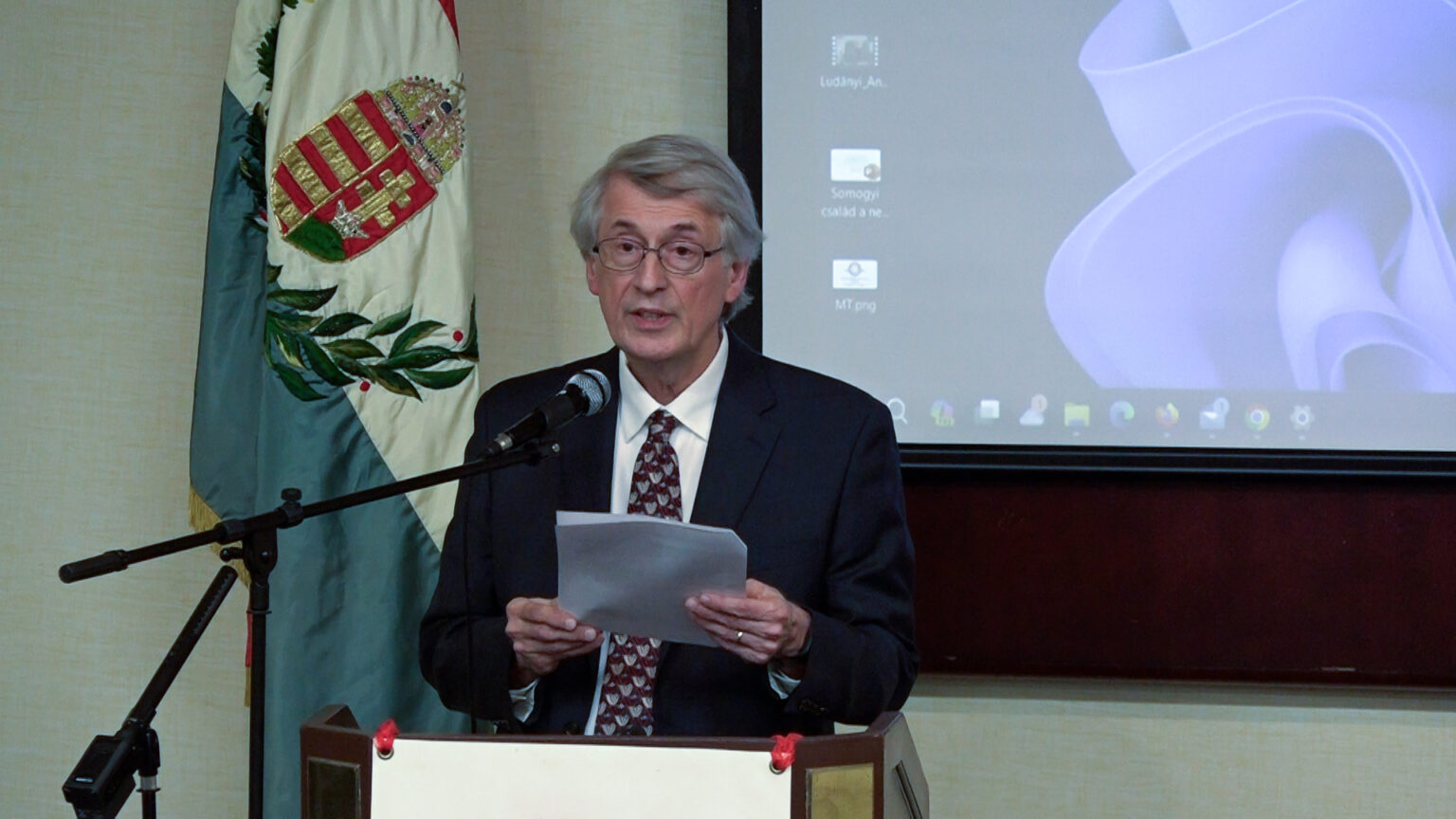
An in-depth interview with Lél Somogyi, son of c-founder of the Hungarian Association, outstanding scholar and Horthy era government official Ferenc Somogyi, about his father’s legacy, his professional career, his family, and his contributions to the Hungarian American community, not the least as the Secretary-General of the Árpád Academy.
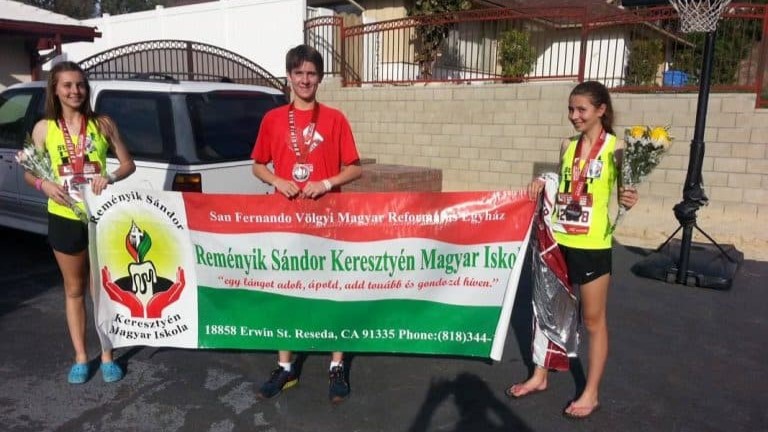
Zsolt Jakabffy answered God’s calling twice: first, when he became a pastor, and then when he moved to California from Transylvania, with the mission of helping the local Hungarian community preserve both their Christian faith and their Hungarian identity. An interview with the reverend who is also the principal of the Hungarian Sunday school,
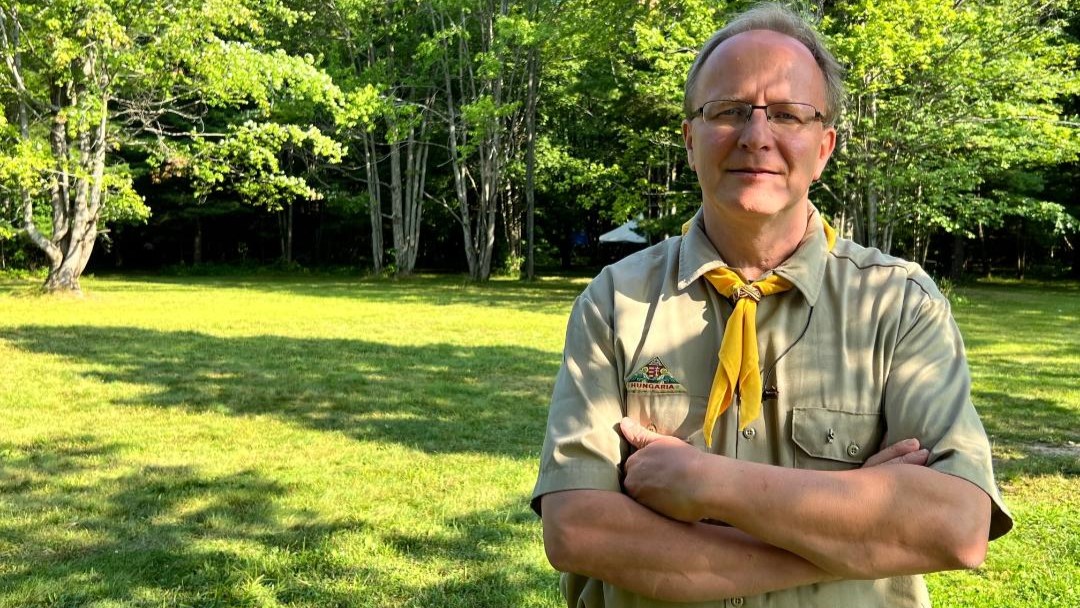
‘It’s very interesting to see to what extent we can acknowledge the fact that diaspora life automatically implies linguistic and cultural assimilation. There’s a growing geographical dispersion; mobility is very characteristic in North America…In 2018 we finally started to talk…about how we see the community, what our strengths and weaknesses are, what we can learn and what challenges we face.’
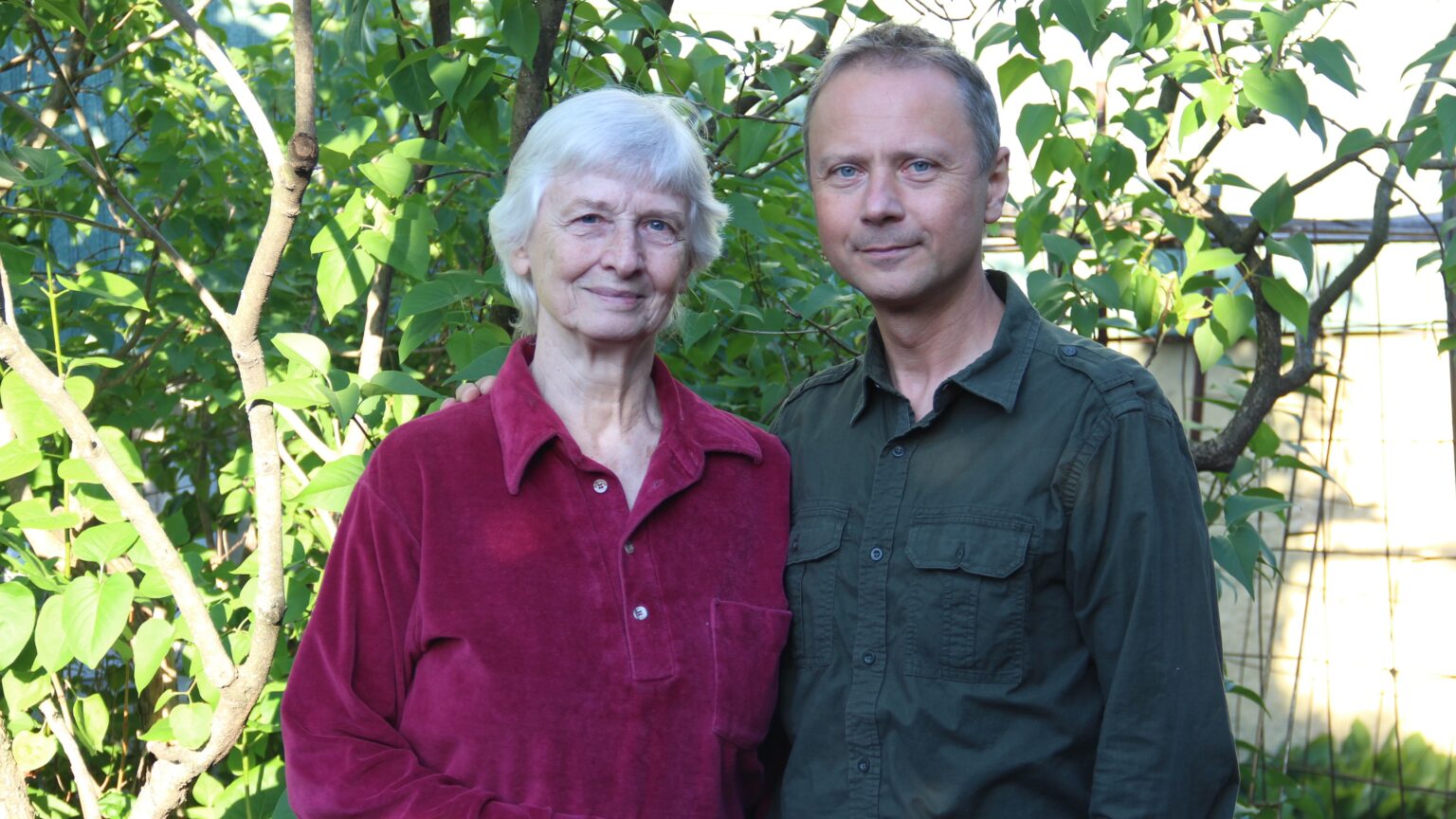
An in-depth interview with German teacher Gergely Tóth, who went to the University of Berkeley, California 26 years ago for a doctoral program, then soon became immersed in local Hungarian community life. Since then, his voluntary work has extended from making oral history interviews to photographing objects and markers on four continents and collecting archival material of the Hungarian diaspora.
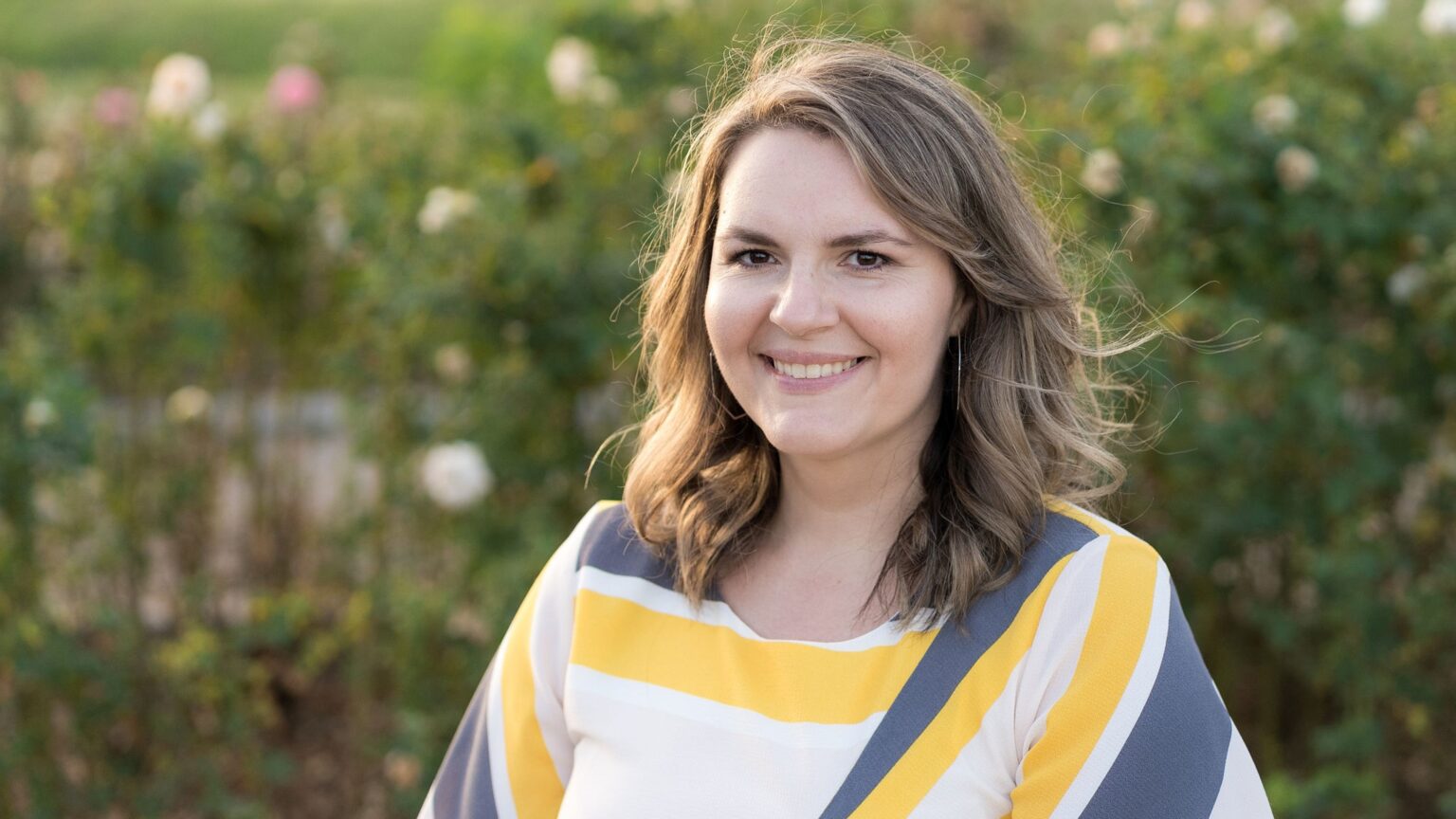
‘We’ve been approached much more often by local American organizations to present Hungarian culture to various schools or other groups as part of a larger, multicultural performance. These collaborations have been so invigorating for our whole team that we’ve come to the conclusion that this could be the path for us. This was one of our missions in the first place: to open up to others.’
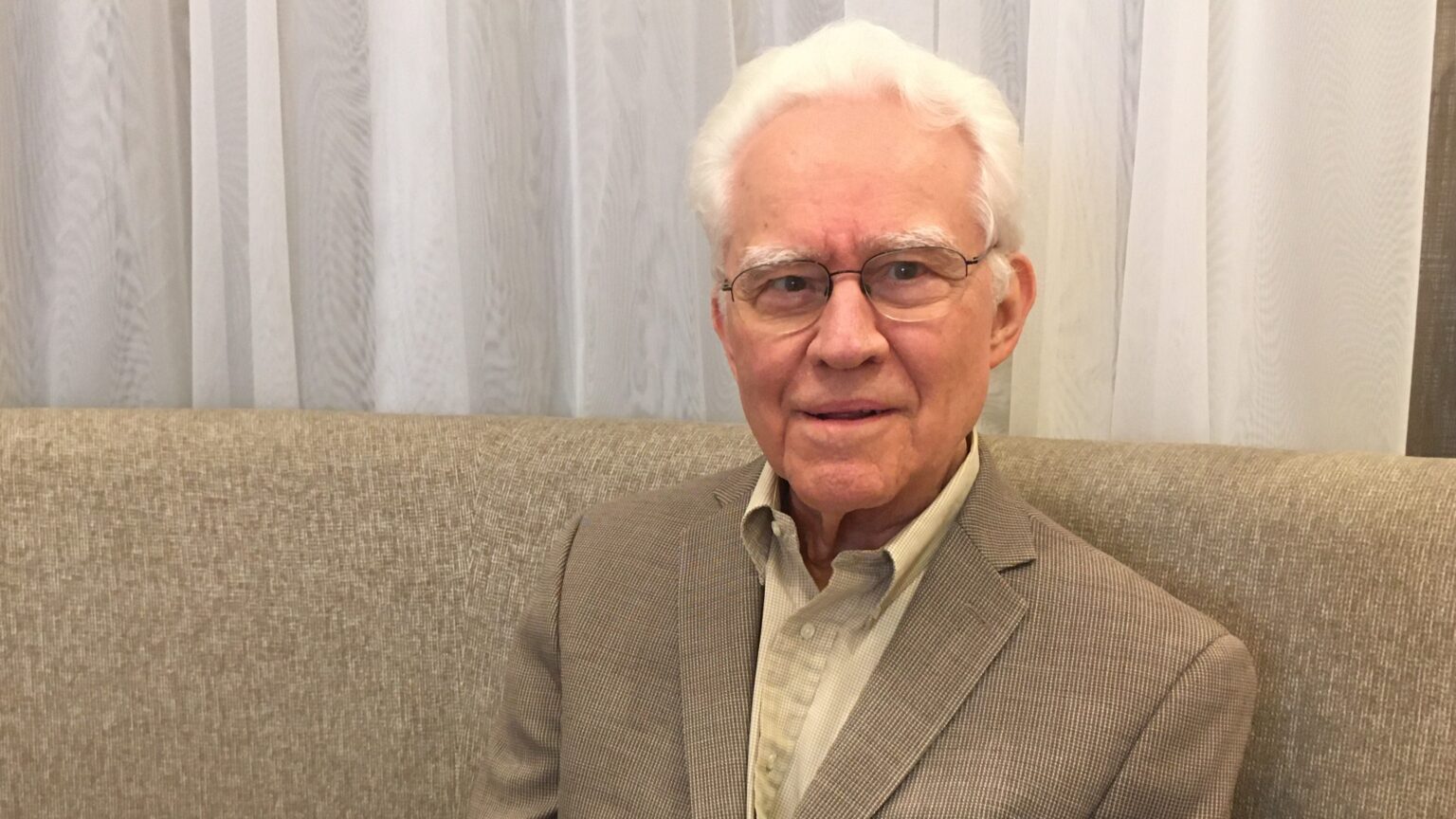
In October 1951, Zoltán Vasvári, a.k.a. ‘Zolibá’, a former Hungarian military officer, gathered the sons of many Hungarian families in his New York apartment to introduce them to Hungarian scouting. Viktor Fischer joined the first patrol in the spring of 1952, and, as he puts it, ‘the scout bug has remained’ in him ever since. A conversation about a long and fruitful life, dedicated to teaching and to the Hungarian American community of the New York area.
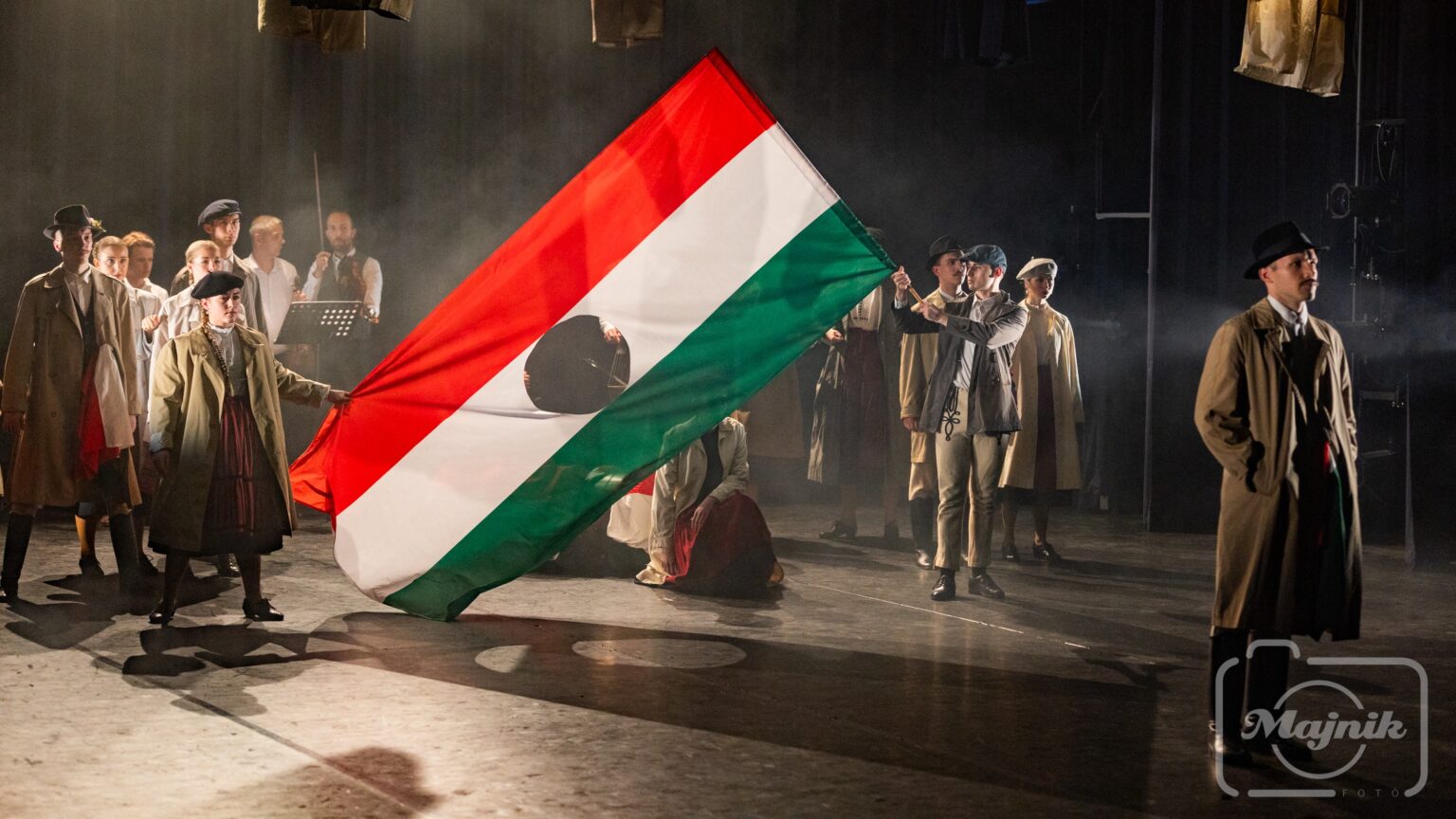
Vadrózsa Dance Ensemble is the most prominent non-professional folk dance ensemble in Hungary. With 40 dancers and five musicians, the main mission of their American tour, which included five stops (New York, Washington, DC, Cleveland, Boston, and New Brunswick) was to showcase the diversity and virtuosity of the Carpathian Basin’s folklore through a fresh, youthful approach.

Hungarian Conservative is a quarterly magazine on contemporary political, philosophical and cultural issues from a conservative perspective.